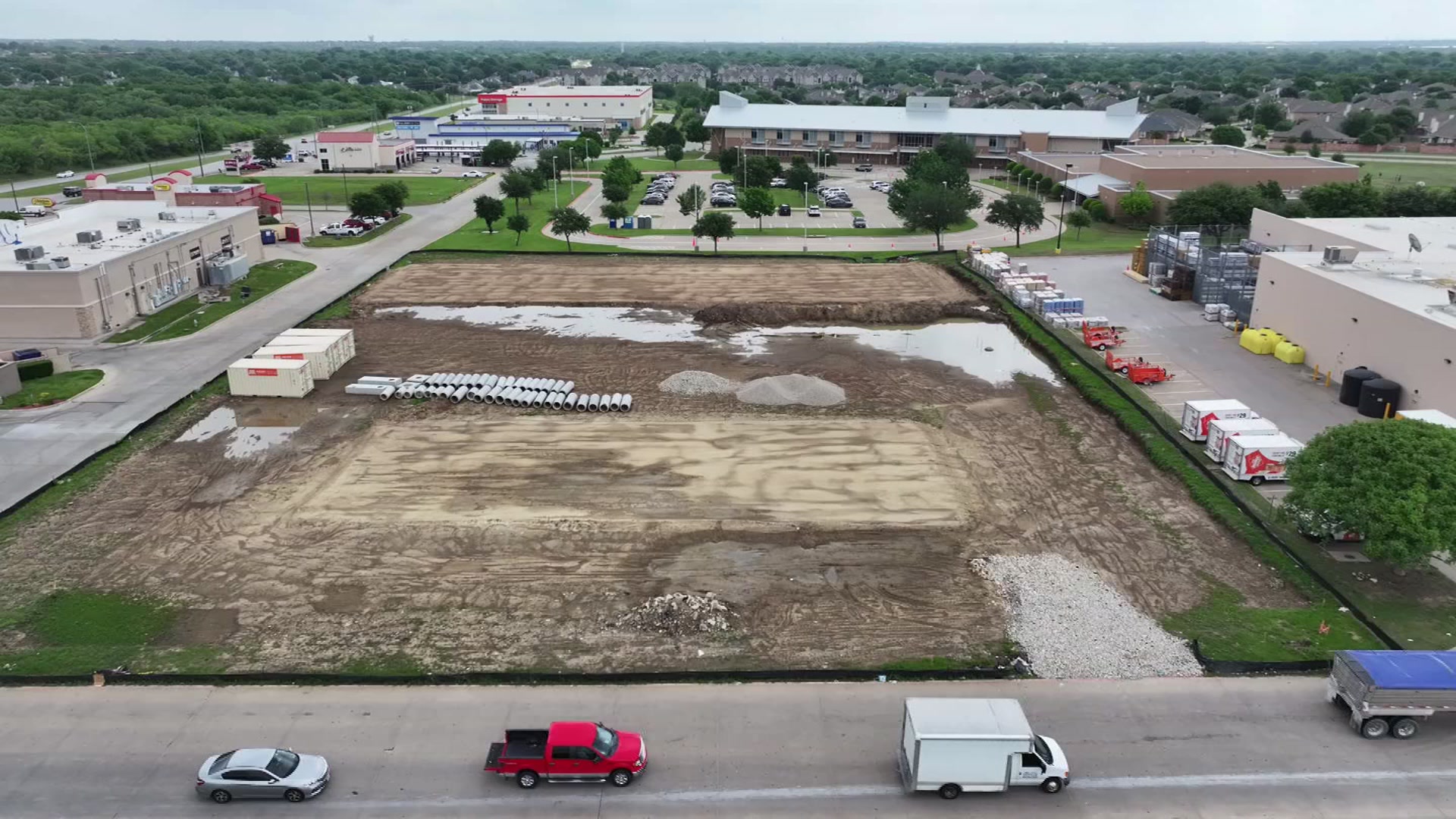A new study out of the University of Arizona, questions the accuracy of rapid COVID-19 tests performed on people without symptoms.
According to the New York Times, researchers found that, in symptomatic people, a rapid test by one particular manufacturer could detect more than 80% of coronavirus infections found by a nasal swab P.C.R. test.
However, according to the report, when the rapid test was used to screen those who did not feel sick, it detected only 32% of the positive cases identified by the P.C.R. test.
The analysis comes as no surprise to Parkland Memorial Hospital Chief Medical Officer Dr. Joseph Chang.
"It’s kind of like a smoke detector. The smoke detector doesn’t detect the fire. The smoke detector detects the smoke and as anyone who has woken up in the middle of the night to a screaming smoke detector knows, a lot of times, dust gets in there and sets it off and there isn’t really a fire," said Dr. Chang.
"They’re not really testing the virus itself, which drives the inaccuracy in some of the results," said Chang.
Chang said the concern is often a topic of conversation with patients, as people get a rapid test soon after they learn they've been exposed, regardless of whether they're symptomatic.
Local
The latest news from around North Texas.
"So many people go with this thinking that if I get a negative test, then I'm fine. I don't need to quarantine. That is not true. That is absolutely not true. Just because you have a negative test doesn't mean you will not develop symptoms in a few days and you will be infectious and you will be spreading it to other people," explained Chang.
He said takes at least two days for the coronavirus to build in your system and the average amount of time it takes to get sick after exposure is a week.
If you're not showing symptoms, when should you run out and get an antigen test?
"The real answer to that question is that you would have to get a test every few days, all the way up to 14 days for you to know anything," said Chang.
It is still best to self-quarantine if you know you've been exposed but if you're symptomatic, Chang said the rapid antigen test will be able to tell you whether you have COVID-19.
"If you have symptoms and you're sick, then most of the time, this test can pick it up, but if you're not sick, getting this test is almost worse than flipping a coin," said Chang.
The U.S. Food and Drug Administration said on Tuesday it is alerting clinical laboratory staff and healthcare providers that false-positive results can occur with COVID-19 antigen tests.
The decision was made following reports of false-positive results associated with the tests used in nursing homes.
The U.S. agency said false-positive results may occur when users do not follow the instructions for the use of antigen tests for rapid detection of SARS-CoV-2.




